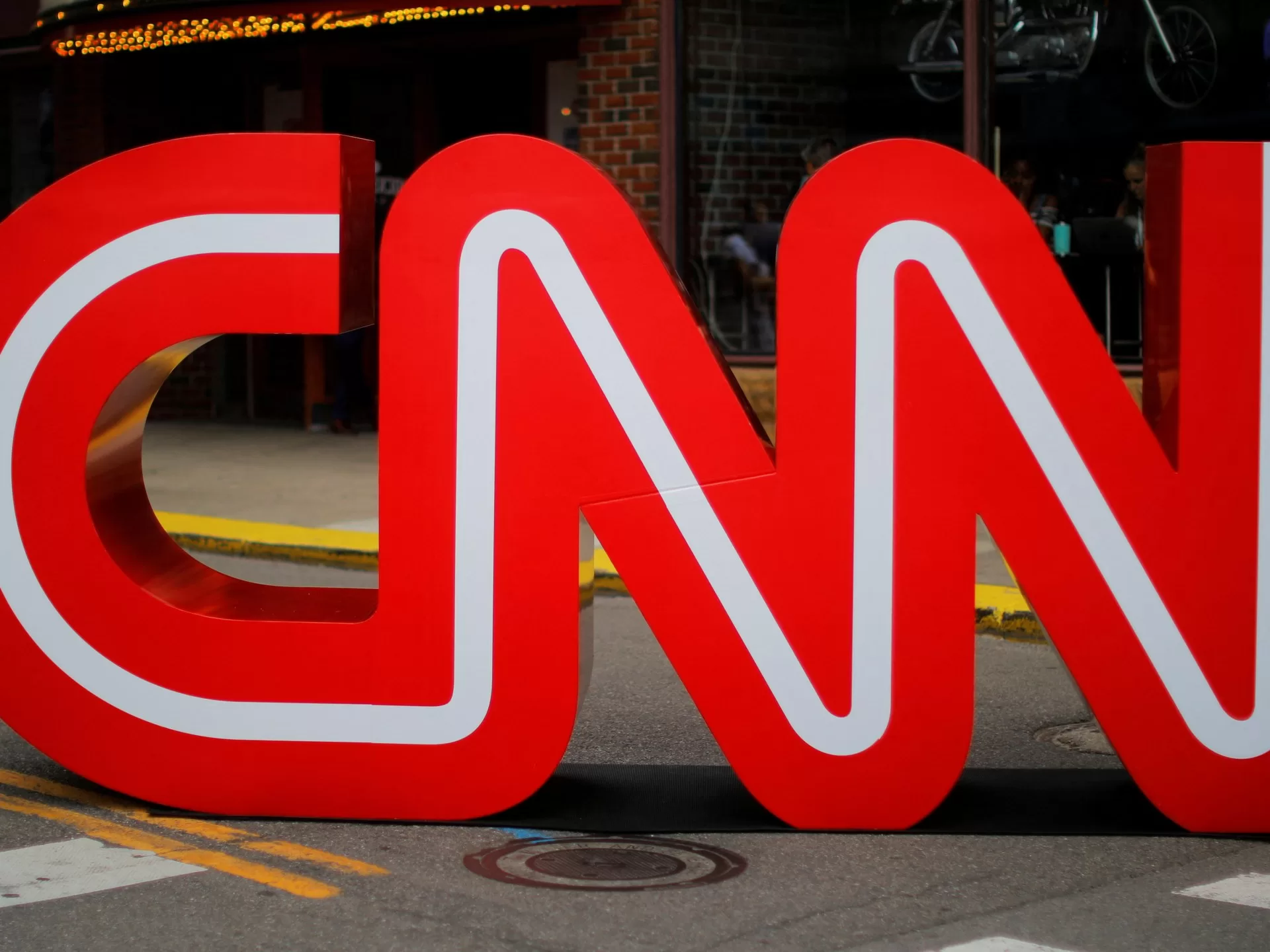Plaintiff had accused CNN of his destroying his reputation by branding him a profiteer who exploited desperate Afghans.
A Florida jury has found TV news provider CNN liable for defaming a United States Navy veteran who helped evacuate people from Afghanistan after the US military withdrew from the country in 2021.
The six-person jury said on Friday that CNN had to pay damages totalling $5m. There will be a second phase of the trial to determine any punitive damages. The verdict followed a two-week trial in Panama City, Florida, state court.
A CNN representative said the network would not comment until the jury decided punitive damages.
Plaintiff Zachary Young sued CNN in 2022, accusing the Warner Bros Discovery unit of destroying his reputation in a segment on “The Lead with Jake Tapper” by branding him as a profiteer who exploited desperate Afghans by charging exorbitant fees.
CNN stood by its story and denied defaming Young, though the network said in March 2022 that it regretted using the term “black market” to describe Young’s work.
The case stems from Young’s work as a security consultant helping corporations and charities extract people from Afghanistan after the Taliban swiftly took back control following the chaotic US withdrawal.
In a segment on The Lead, CNN said “desperate Afghans” trying to escape the country were being “exploited” with “exorbitant” and “impossible” fees charged for evacuations.
The segment turned to focus on Young, displaying his name and photo next to a chyron saying evacuees faced a perilous “black market.”
“The sum and substance of the segment states and implies that Young marketed evacuations directly to Afghan citizens, that he exploited Afghan citizens, and that he sold them illegal goods/services on a black market,” Young said in his lawsuit.
Young’s lawyers said CNN’s characterisation of his work as illegal or exploitative was false and that he told the network repeatedly that he only worked with corporations and nongovernmental groups trying to get their people out. The high prices were due to high demand, Young said.
Young said the CNN segment destroyed his reputation and career, causing depression and panic attacks and depriving him of millions of dollars in income.
It was an unusual guilty ruling against a media outlet in a defamation case. Libel laws are generally protective of news organisations, and plaintiffs must meet a high standard to prove defamation.
To prevail in the case, Young had to prove CNN knew or should have known its reporting was false but published it anyway. He also sought punitive damages, which are intended to punish defendants and required Young to prove CNN intended to harm him.
The case went to trial after a judge rejected CNN’s bid to toss the case and permitted Young to seek punitive as well as compensatory damages, a decision affirmed by an appeals court.
